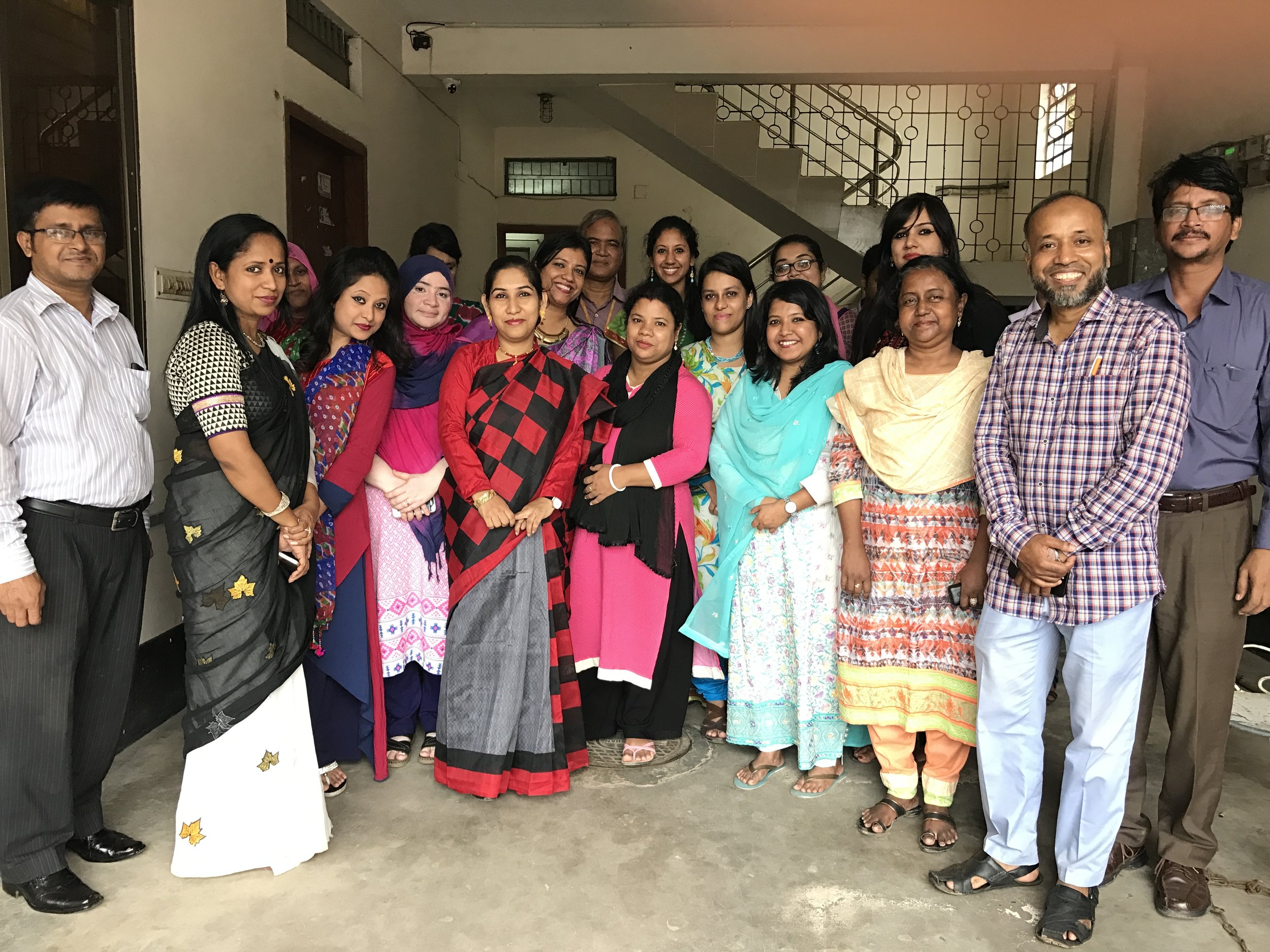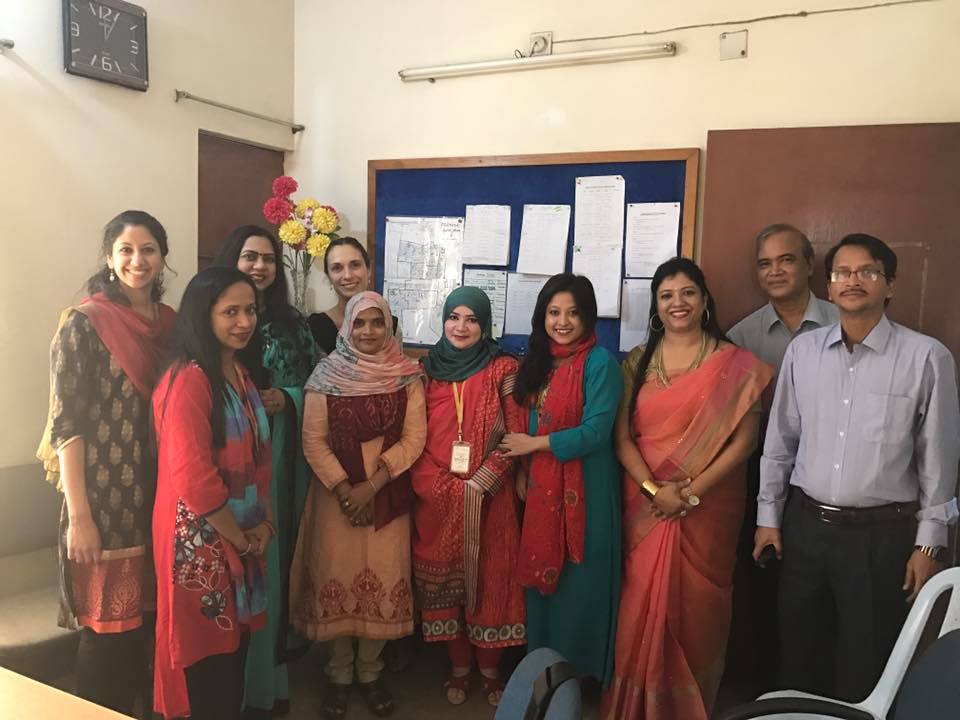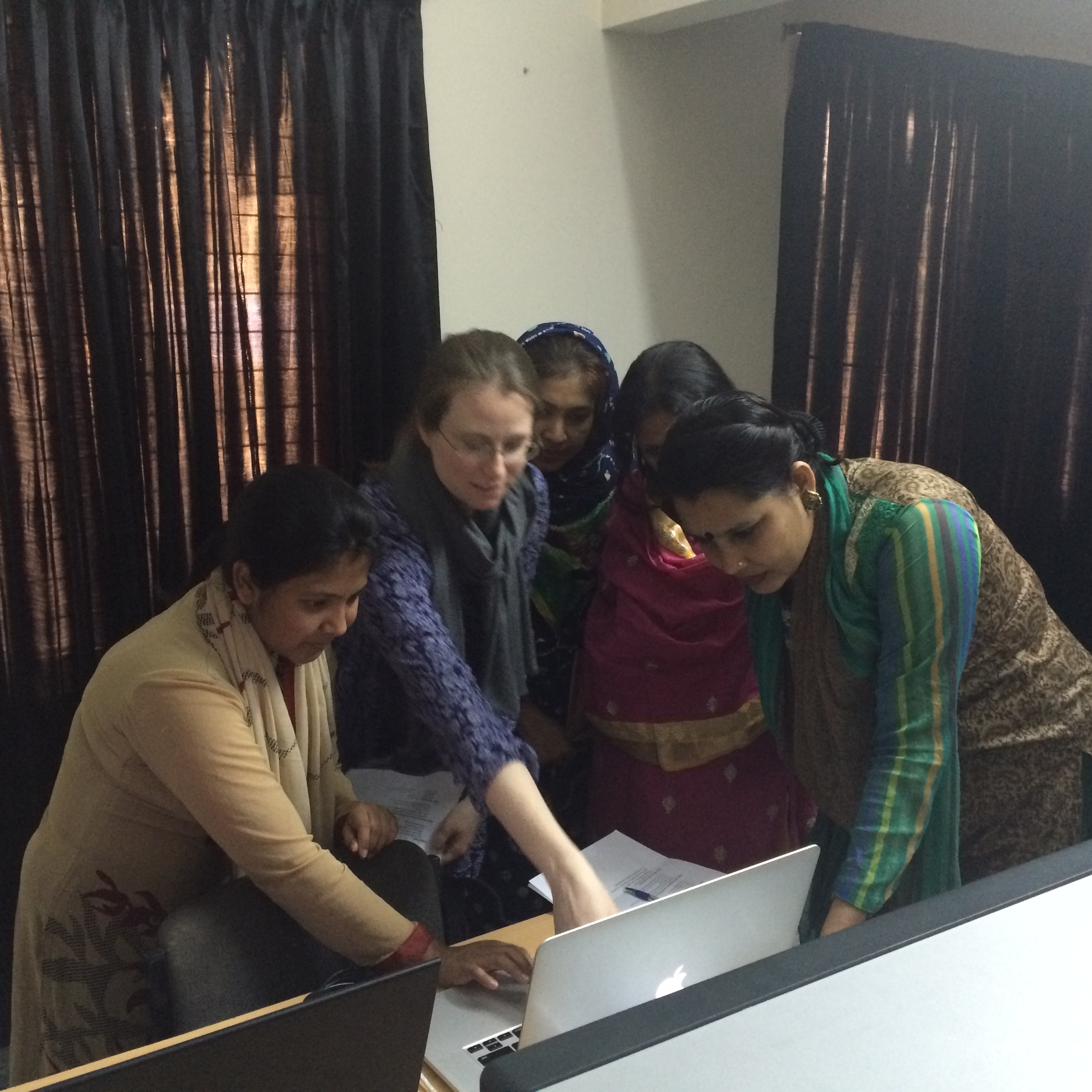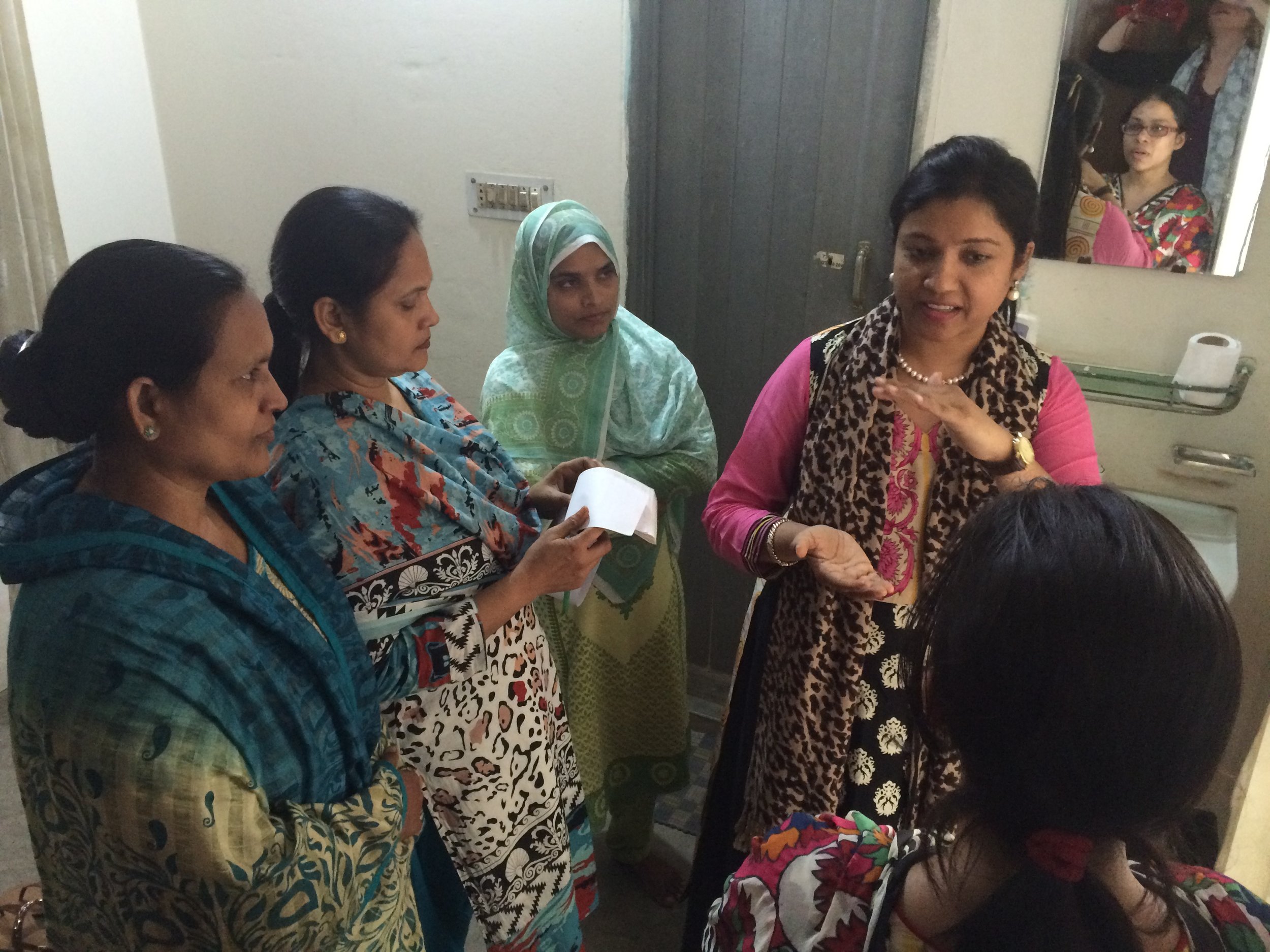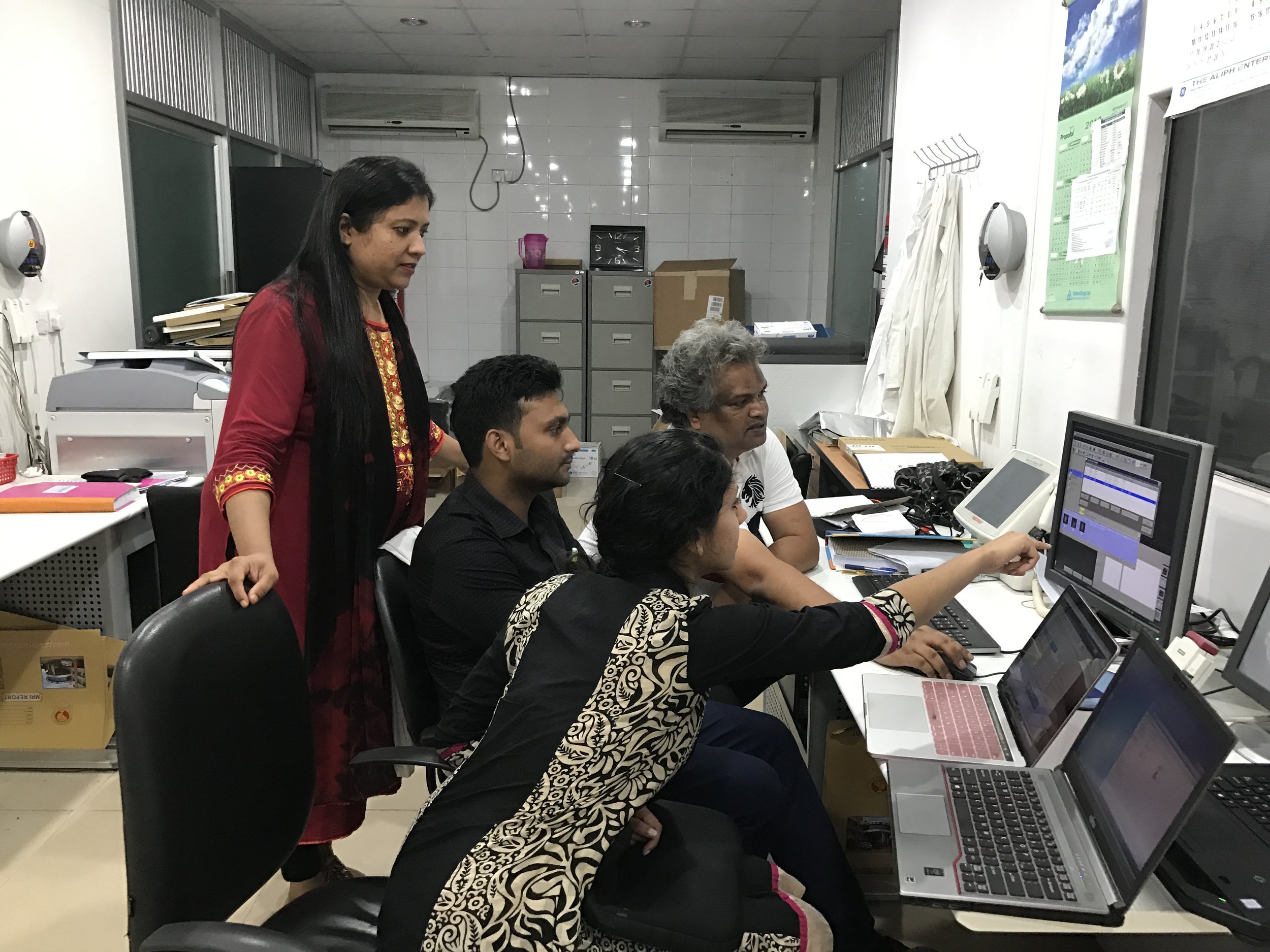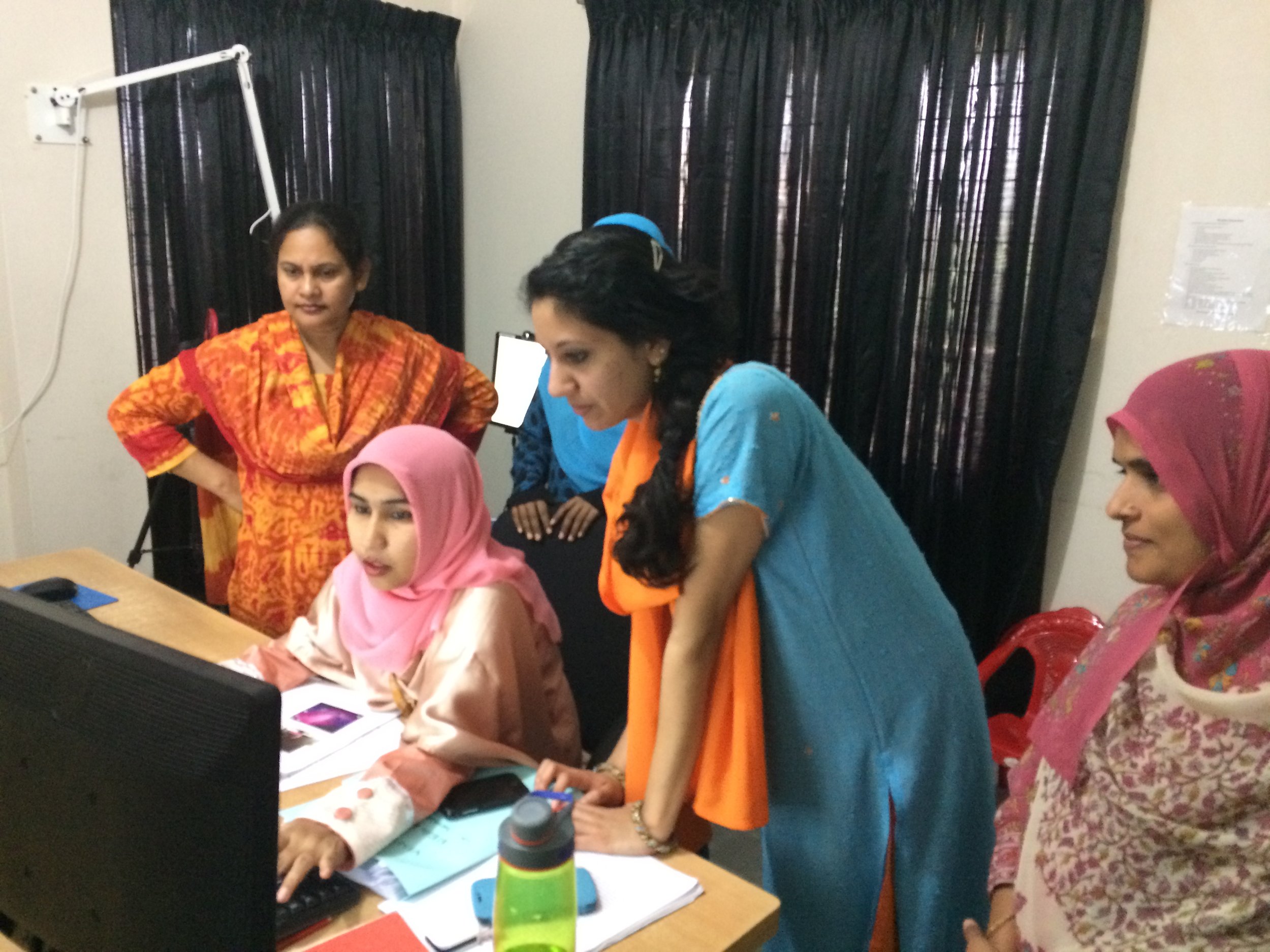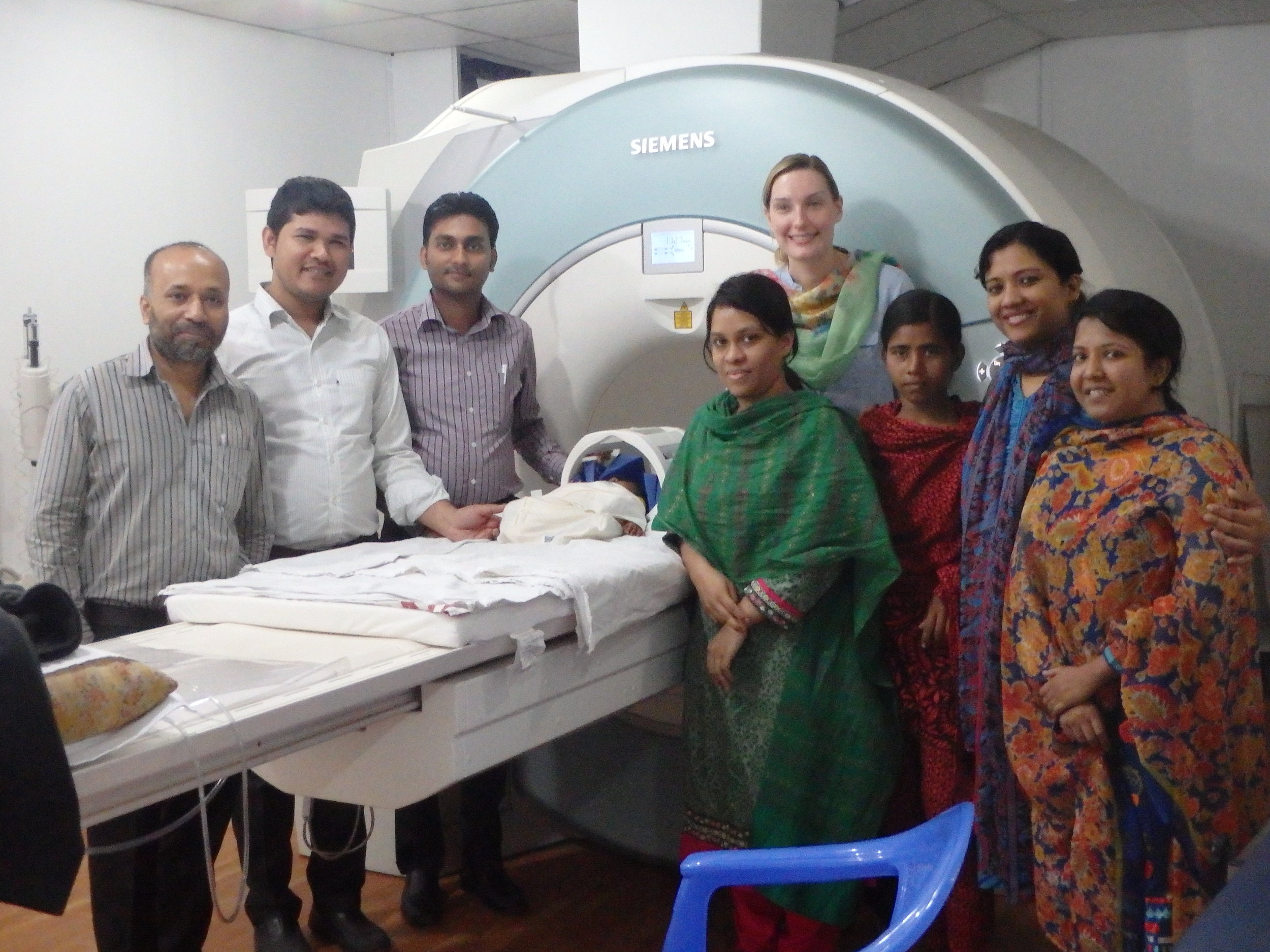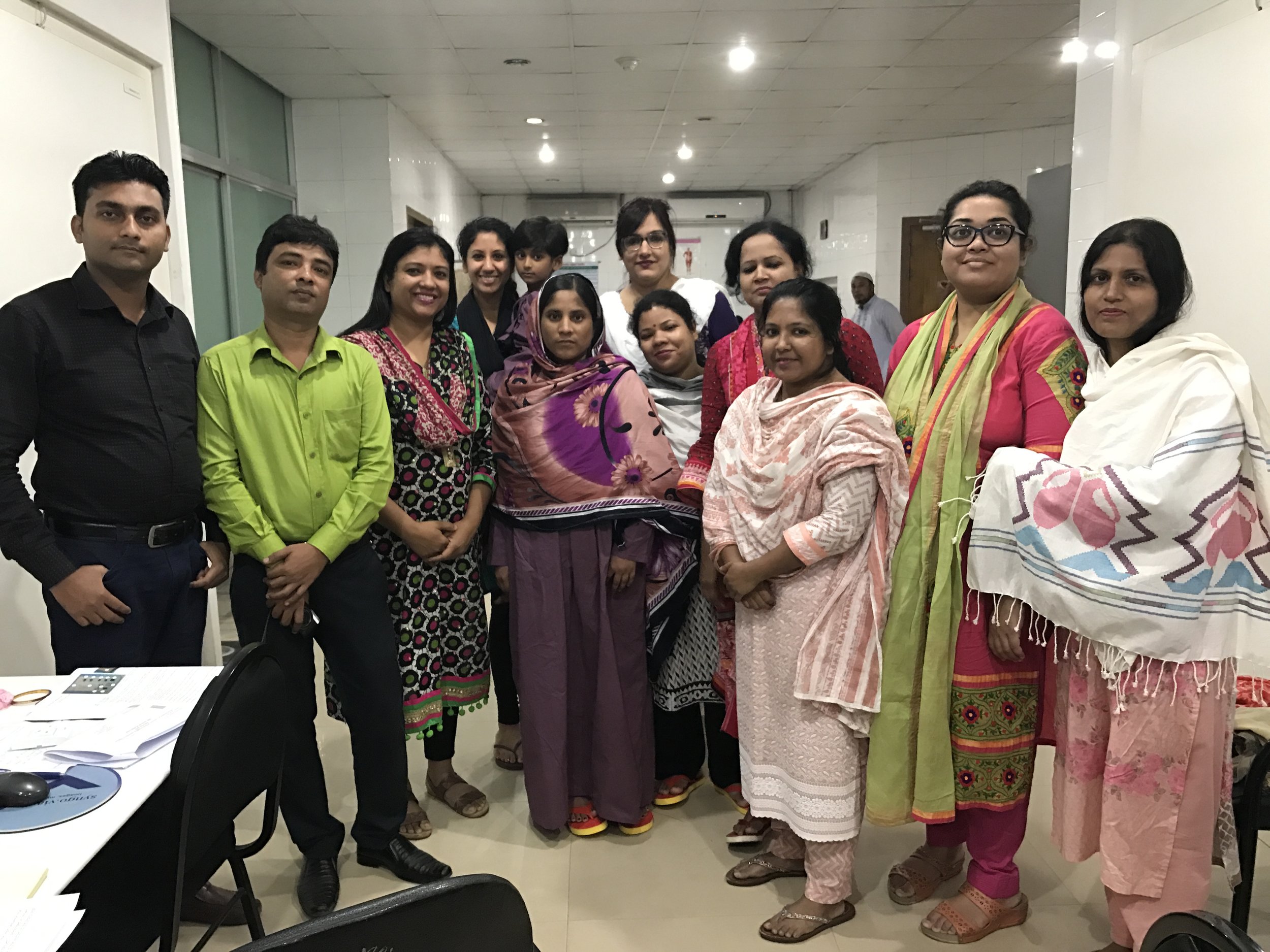The International Centre for Diarrhoeal Disease Research, Bangladesh (Icddr,b)
The international Centre for Diarrhoeal Disease Research, Bangladesh, is a leading international health research institute based in Dhaka, Bangladesh. From its beginning as a cholera hospital, icddr,b has been working for over 50 years to improve the health of the poorest nations, leading to milestone achievements in the development of oral rehydration solution and zinc for diarrheal disease treatment, tetanus toxoid vaccine for mothers, testing vaccines, guidelines for treating severe malnutrition, and many other public health solutions not only for Bangladesh, but for populations worldwide. For more information about icddr,b, please visit www.icddrb.org.
icddr,b (co-PI Rashidul Haque) is instrumental in the operation of the BEAN study. which has assisted in import of equipment, receiving local scientific and ethical study approval, data management/transfer, staffing, usage of local clinic space, as well as assisting with various issues on the ground.
Staff at iccdr,b have been extensively trained to collect high quality neuroimaging data and have been instrumental in collecting data for the project.
National Institutes of Neurosciences Hospital, Dhaka (NINSH)
For MRI work, we are collaborating with NINSH, a government hospital in Dhaka which provides emergency services, surgical services, diagnostic imaging, rehabilitative care, geriatric/palliative care, pediatric care, and outpatient care for various neurological disorders and neurosurgery. Through the collaboration with BEAN, NINSH is now starting MRI scans for research purposes as well. For more information about NINSH, please visit: http://www.nins.com.bd/nins/
University of Virginia (UVA)
We are collaborating with Dr. William Petri, Professor of Internal Medicine and Pathology, Associate Director of Microbiology at the University of Virginia. Dr. Petri has been working in Dhaka for over 20 years studying enteric infections and molecular parasitology in the developing world. His team leads the Performance of Rotavirus and Oral Polio Vaccines in Developing Countries and Cryptosporidium burden studies from which the neurocognitive children are recruited. For more information on the PROVIDE study, please refer to this article: https://www.ncbi.nlm.nih.gov/pubmed/25711607
University College of London (UCL)
We are collaborating with Drs. Clare Elwell and Sarah Lloyd-Fox from UCL for the fNIRS portion of the study. Drs. Elwell and Lloyd-Fox involved in international fNIRS work through their BRIGHT project (Brain Imaging for Global HealTH) the BRIGHT project, which is a collaborative project also studying the effects of early adversity on infant development in the Gambia. They are also leaders of the Global fNIRS consortium, which aims to use fNIRS globally as a tool to assess cognitive function in low income settings. For more information on their BRIGHT study, and the Global fNIRS project, please visit: http://www.globalfnirs.org
